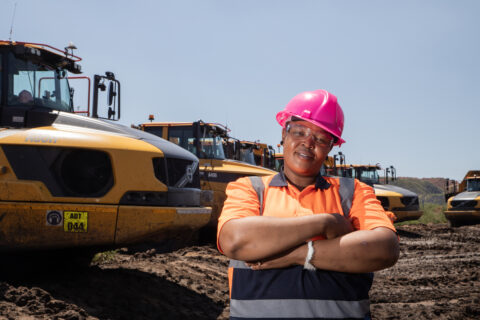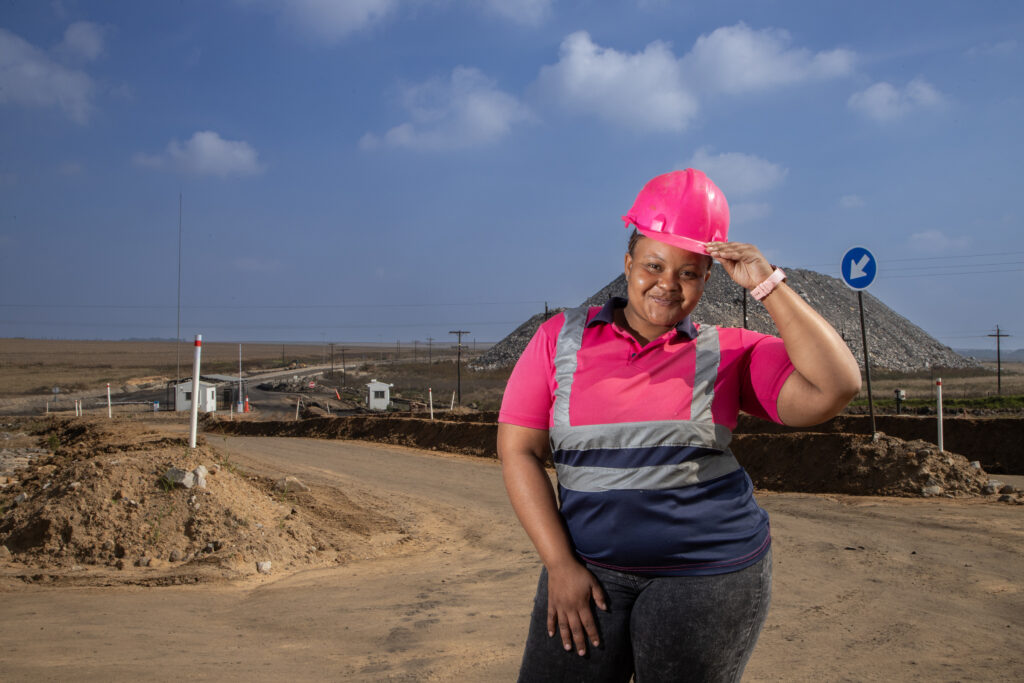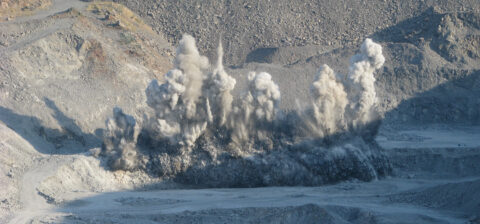SA Mining
Corporate Profile: Menar committed To The Advancement Of Women
The importance of women to the mining sector is increasingly being recognised by companies, which are noting the diverse perspectives, skills, and experiences they bring, and how these enhance innovation, productivity, and safety. The reasons for their positive impact go far beyond the need for social equity – a greater number of women in the industry help improve business performance, while also fostering a more sustainable and inclusive industry.
Menar has certainly recognised the importance of women to the mining industry and understands the need to promote the inclusion and advancement of women. Sarie Opperman, Group Human Resources Manager, notes that as a company Menar has identified appropriate affirmative action measures to be implemented, in efforts to aid the realisation of its employment equity objectives.
“This is done in accordance with our commitment to ensure that suitably qualified employees from designated groups have equal opportunities, and are equitably represented in all occupational levels in our workforce,” she explains.
“To this end, we have several active Women in Mining Committees in the workplace, where issues and concerns facing women are being raised and addressed. Issues that are closely monitored include gender-based violence, ablution facilities, lactating facilities, and personal protective equipment (PPE), amongst others.”
In terms of opportunities, continues Opperman, the company ensures that all women employees have equal access to career advancement opportunities, and are represented in leadership positions. It also prioritises investment in the development of women employees – facilitating their access to learnerships and bursaries, as prescribed in the applicable social and labour plans (SLPs).
Community projects, community training

Looking specifically at its Canyon Coal operation, Menar suggests that it is committed to meeting the requirements stipulated in the Mining Charter, as well as the percentages as prescribed in the SLP for each mine.
“We offer women applicants training programmes, learnerships, bursaries and internships. We also actively recruit women mine workers, machine operators and engineers, among others,” states Opperman.
Canyon Coal’s skills development programme offers local community members an opportunity to obtain Mining Qualifications Authority (MQA)-accredited certification to operate the yellow plant machines. Gender diversity is a primary focus during the selection process and as a result, many of the trainees are women. Some of the candidates who completed the training were appointed as full-time articulated dump truck (ADT) operators, following the opening of several vacancies at the company’s Khanye and Gugulethu operations.
Opperman indicates that these initiatives have resulted in numerous positive effects, including providing individuals with lifelong skills and paving the way for sustainable employment in the mining industry. Furthermore, the programme addresses the challenges of skills shortages and unemployment in local communities.
“Menar is focused on promoting policies that encourage gender diversity in the workplace. These policies aim to tackle several issues, including the gender pay gap. The goal is to ensure that women employees receive equal pay, compared to their male counterparts, while also advocating for more women in leadership positions.”
To promote developmental opportunities, Menar will give preference to women applicants when selecting candidates for bursaries, internships, and learnerships, facilitating women’s entry into the mining industry.
“The mining industry has historically been male-dominated, often sidelining women from participating. As such, we recognise that diversity remains crucial, if the mining industry is to redress gender inequalities.”
“Diversity has a significant impact, especially at the leadership level, therefore it is essential to prioritise the promotion of women into leadership roles. It is our view that more women should be appointed to leadership positions, as well as working as artisans, supervisors and engineers. In fact, we are eager to see women in general taking up the available opportunities in the sector,” concludes Opperman.





